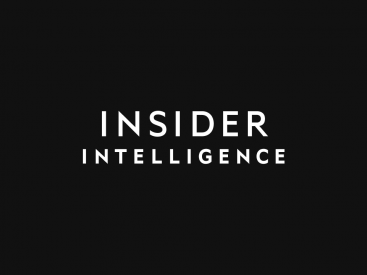The healthcare sector is increasingly turning to digital solutions, leveraging technology to streamline processes, enhance efficiency, and improve patient care. However, the integration and sustained use of these technologies are not without challenges. These include issues with interoperability, data security, user engagement, and regulatory compliance, among others. This article discusses the strategies and considerations essential to the successful and lasting clinical adoption of digital solutions in healthcare. The Potential of AI and LLMs in Healthcare Artificial Intelligence (AI) and Large Language Models (LLMs) are emerging as powerful tools in healthcare, especially in identifying clinical quality measures and coding for risk adjustment. David Lareau, CEO of Medicomp Systems, highlights the need for AI systems to be sensitive to diverse patient backgrounds for accurate and unbiased healthcare support. The use of complementary technologies is also emphasized to maximize the benefits of AI in healthcare. The role of natural language processing (NLP) in converting clinical text into codes and terminologies is also of significance. This can potentially alleviate the burden of creating extensive documentation for patient encounters. However, challenges persist, such as data quality, bias, and the complexity of medical language, which need to be addressed for effective use of AI in […]
K&X Design and Investment Technology, LLC
Invest The Invisible Impact
K&X Design and Investment Technology, LLC
Invest The Invisible Impact



